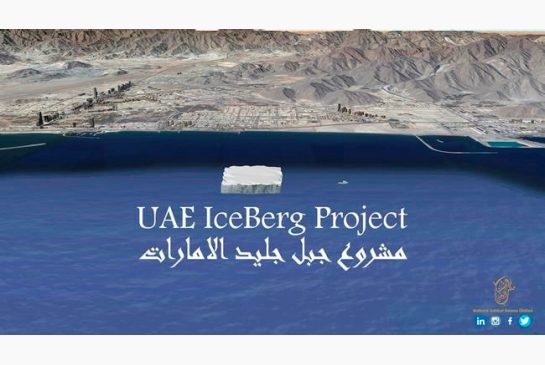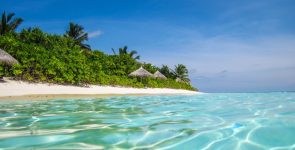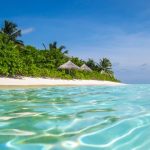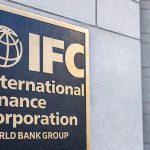As Dubai oil reserves drained off, many expected the same fate will happen to Dubai economy. However, Dubai managed to overcome all barriers and continued to surprise the world with unique and innovative strategies, architecture and technology. How Dubai made it is a perfect scenario for a developing country such as the Maldives.
Development of the Harbour
Even before the domination of oil industry, the Emirati people (citizens of UAE) were traders. Harbour played a Significant role in the economy during that era. When Oil industry grew one of the initial projects was to build a world-class harbour and connect Dubai with the business world
Infrastructure Development
A nation’s development is heavily dependent on the nation’s infrastructure. Transportation (Roads, Highways and ferry routes), Water electricity and other energy requirements, communication and IT was given focus
Long-Term Vision
Dubai had a long-term vision to avoid total dependency on oil and to seek alternatives. Hence the long-term strategic development plan was rolled out which covered every aspect of Dubai. Futuristic plan to be fully unrolled by 2020 with massive projects nearing completion.
Significance in Architecture
Burj Khalifa, Burj Al Arab, Dubai Mall, Wild Wadi Water Park, Palm Jumeirah, Ferrari World, Sheik Zayd mosque are some of the key factors which attract tourists. These are not just buildings or places but they the pillars of Dubai destination marketing
Innovation (UAE Ice Burg Project)
With a new plan to lug giant ice cubes halfway across the world, Dubai expects to combat drought in the United Arab Emirates, make rainfall through a Vortex and most importantly to generate pure water at much lower cost.
With initiatives as such, It is no wonder Dubai is a champion in the tourism industry. The Maldives have many lessons to learn from Dubai, a man-made marvel in the midst of a desert









